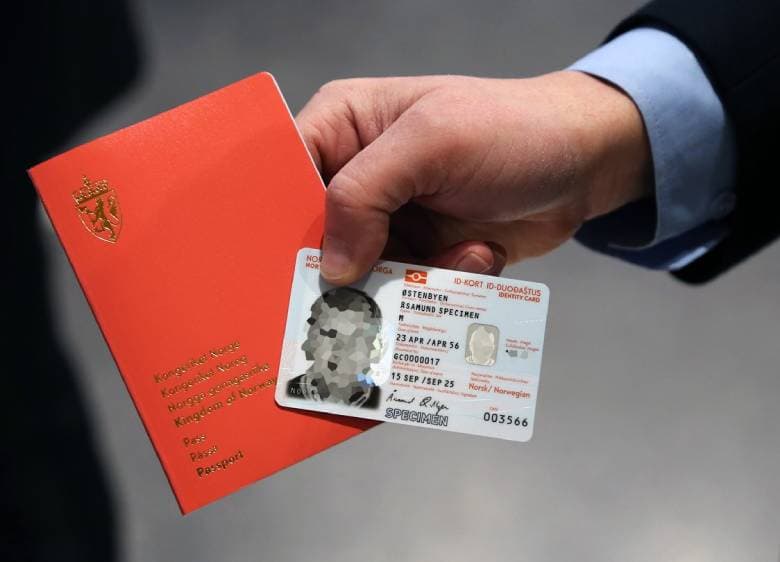Norway to introduce new rules for how children get passports and national ID cards

From November 1st, parents in Norway will be able to give permanent consent to their children for the issuance or renewal of a passport or national ID card.
New rules for issuing documents to children under 18, such as passports and national ID cards, are entering into force next month, the police announced on Monday.
Both parents will have to appear at the passport and ID office within office hours, but they will not have to present themselves at the same time, the police explained.
Legal guardians no longer need to bring a consent form; it will suffice for them to present a passport or national ID card.
Furthermore, appointments won't have to be booked in advance.
If both parents give permanent consent, the child can have their passport or ID card renewed until they are 18 years old.
Permanent consent can be withdrawn, but a passport that has already been issued cannot be revoked.
The change is intended to make it easier for parents and further strengthen security related to passports and ID cards.
Note that the old rules – such as bringing the consent form – continue to apply until November 1st.
You can learn more about the rules on the police's website (in Norwegian).
Comments
See Also
New rules for issuing documents to children under 18, such as passports and national ID cards, are entering into force next month, the police announced on Monday.
Both parents will have to appear at the passport and ID office within office hours, but they will not have to present themselves at the same time, the police explained.
Legal guardians no longer need to bring a consent form; it will suffice for them to present a passport or national ID card.
Furthermore, appointments won't have to be booked in advance.
If both parents give permanent consent, the child can have their passport or ID card renewed until they are 18 years old.
Permanent consent can be withdrawn, but a passport that has already been issued cannot be revoked.
The change is intended to make it easier for parents and further strengthen security related to passports and ID cards.
Note that the old rules – such as bringing the consent form – continue to apply until November 1st.
You can learn more about the rules on the police's website (in Norwegian).
Join the conversation in our comments section below. Share your own views and experience and if you have a question or suggestion for our journalists then email us at [email protected].
Please keep comments civil, constructive and on topic – and make sure to read our terms of use before getting involved.
Please log in here to leave a comment.